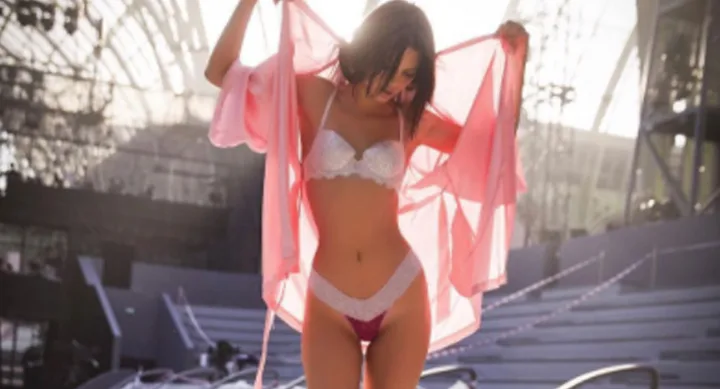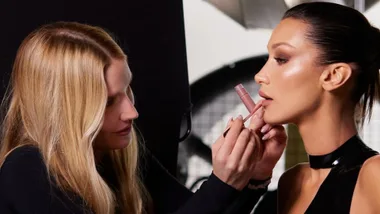Shock, horror: social media makes us feel bad about ourselves
In news that no-one was surprised about, new research reveals that social media is more damaging to women’s self-esteem than glossy models in advertising campaigns.
Yep. We have actually reached the stage where your athleisure-clad yummy mummy whom you know from the school drop-off makes you feel worse about yourself than a whole lineup of Victoria’s Secret angels.
Well that’s what the latest research from the University of NSW has found. The study involved 150 female students who were asked to record how often they compared their body to someone else’s and how it made them feel. It didn’t matter if it was someone in person, or on a social media post or a model featured in an advertisement on TV, a magazine or billboard.
The study found that the comparisons that caused the most damaging impact were the ones that took place on Facebook and Instagram.
The studied women genuinely thought that others looked better than them on social media, and inversely, it was these images that made them feel unhappiest with their appearances. In fact, this negativity outweighed any adverse feelings they had experienced from looking at airbrushed images of models in advertisements.
My reaction to this research: Big. Fat. Duh.
We weirdly believe that our feeds are real reflections of our friends (and celeb) lives and therefore we can’t help but get sucked into a daily soul-destroying game of comparathon. While the all-invasive impact of social media in our lives makes it difficult to avoid, there are ways to reduce the impact of the self-inflicted scroll of self-loathing:
* Get a reality grip.
Research has shown that on average, social media users take 754 images before finding the perfect selfie to post (Fake news alert: I may have made up that research). The point I am making is that the whole of Facebook and Instagram is fake. Just as you are presenting a totally unrealistic version of your life to your friends, so is everyone else. The best lens to view the entire platform through is a cynical one, especially as it’s boastful reason for being has been normalised. Face it, not many people in your life would ask outright “How hot do I look?’, yet feel perfectly fine about posting a finely-tuned filtered image on Instagram as bait for compliments. How can anyone honestly take this seriously?
* Use your power
One of the big advantages often espoused by social media experts is the fact that you are now responsible for your own media diet. You can filter your social media feed however the hell you want. Use this power for good – not evil. Don’t be a victim. Why make your feeds full of shallow shit that makes you feel bad? Fill your day with things that make you feel good.
* If it makes you feel like shit, stop doing it.
I know it’s basic advice, but by God it works. If you can’t help but compare yourself to the images you are viewing and they make you feel worthless. Stop looking at them. Right now. Comparing yourself to others robs you of joy. Don’t get sucked into it. Go into your feed and delete anything that doesn’t make you smile.
* Ask `What would Amy do?’
If you are feeling down from too much perfection being thrown at you, take on board this little nugget of advice from the wonderful Amy Poehler:
“The earlier you learn to focus on what you have and not obsess about the things you don’t have, then the happier you will be. You really will be happier in life if you can let go of the things you never had.‘’
* Get a life.
This is the most consistent message from all mental health experts regarding the excessive use of social media. Back in 2013, French researchers found that the more time we spend on social media sites, comparing ourselves to others, the more depressed we get. The best way to prevent this, is to stop scrolling through other people’s lives and get one of your own. You won’t regret it.










